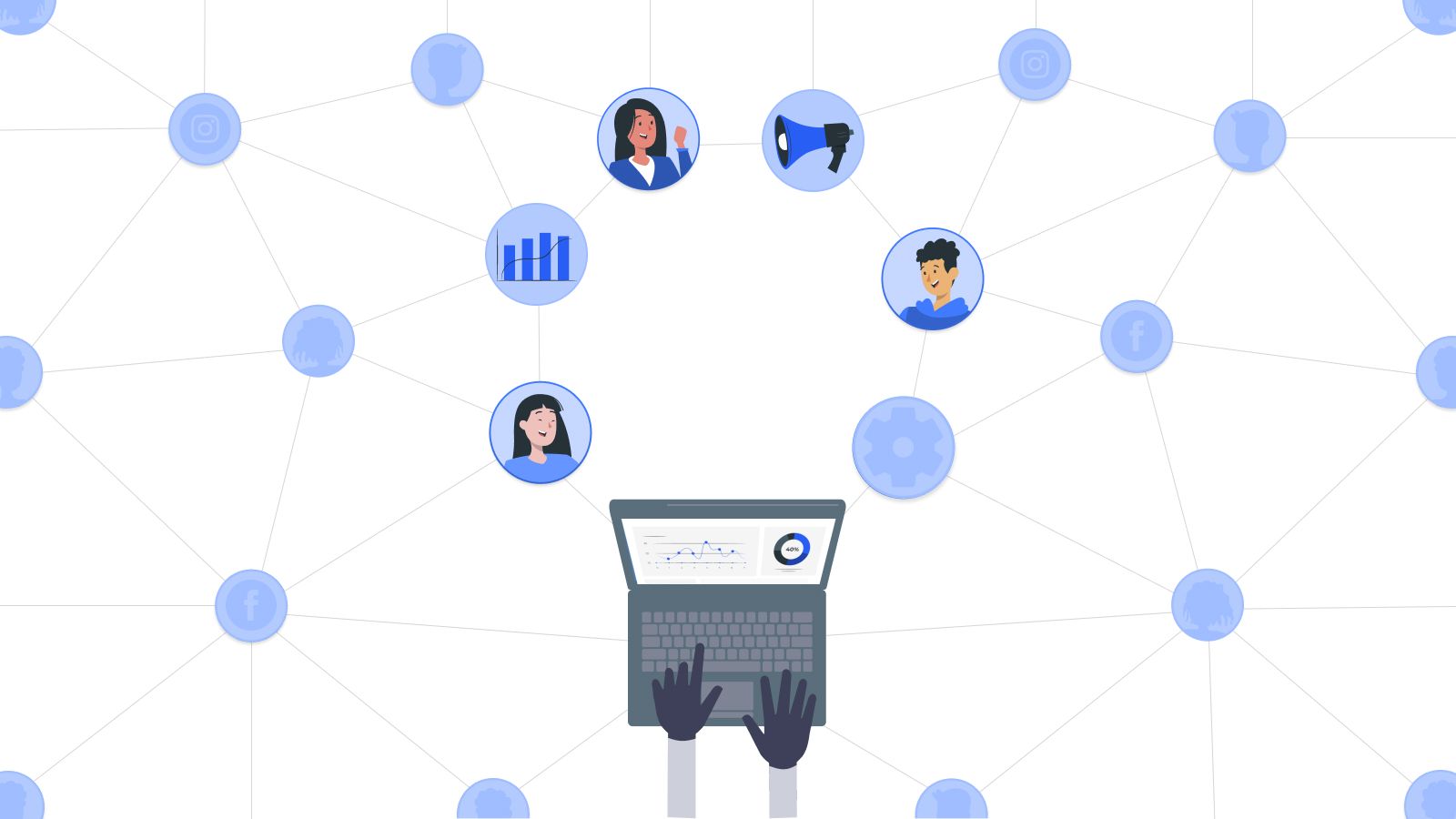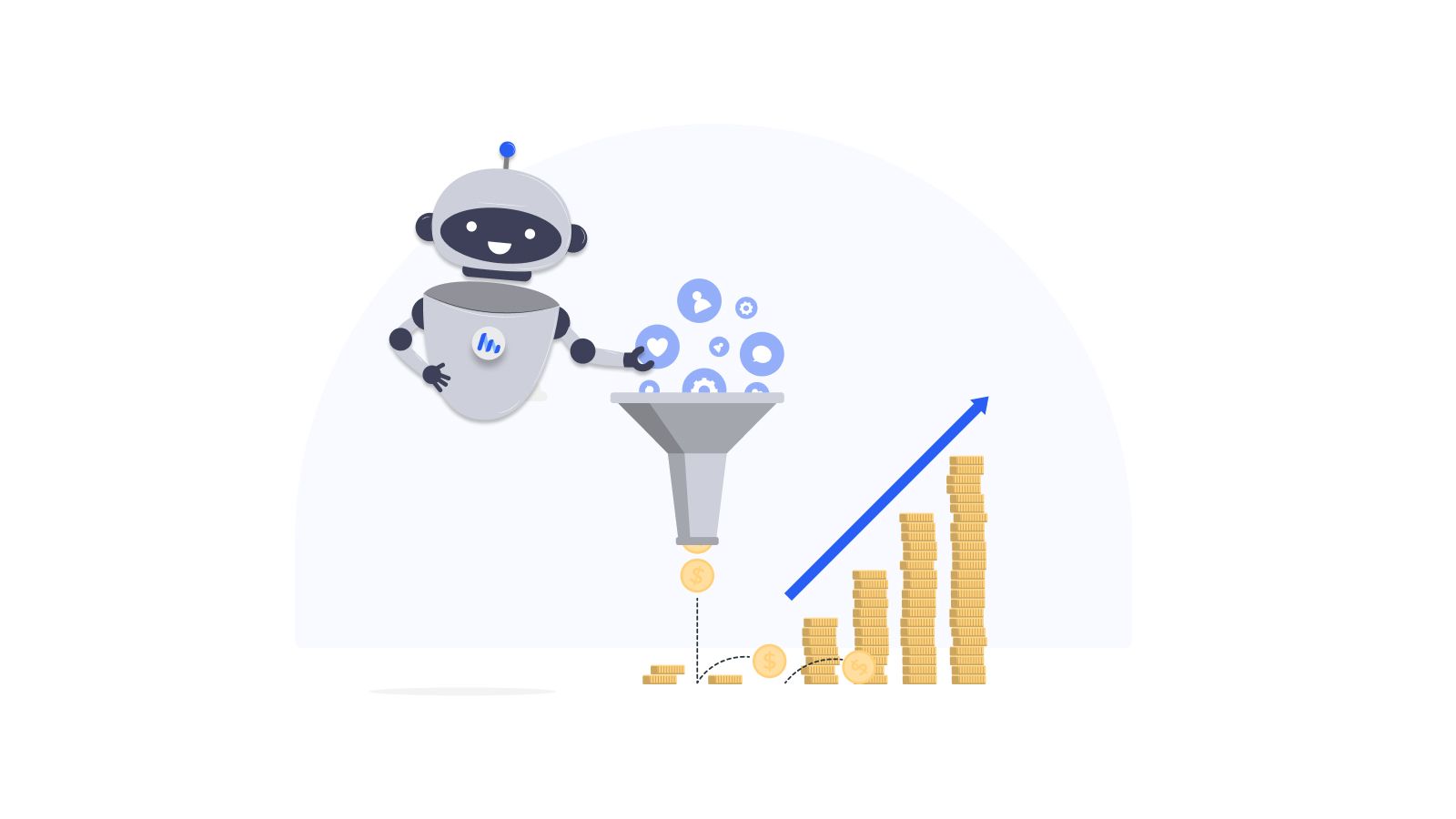AI-Powered Marketing Analytics in 2024: Trends, Benefits, and Future Outlook
Discover how AI-powered marketing analytics is revolutionizing businesses in 2024, exploring key trends, benefits, challenges, and strategies for successful implementation.


Abhas Sinha
2024-12-03
Introduction: Unlocking the Power of AI in Marketing Analytics
Imagine a world where your marketing campaigns are no longer built on guesswork but powered by precise, real-time insights. This is the transformative promise of AI-powered marketing analytics. By combining advanced technologies like machine learning, natural language processing, and predictive analytics, businesses can unlock hidden patterns in data, forecast customer behaviors, and create hyper-personalized campaigns that resonate deeply.
As we step into 2024, the role of AI in marketing analytics has become indispensable. Recent research reveals that over 80% of marketing leaders believe AI will redefine their strategies in the next two years. In this blog, we’ll explore the trends driving this revolution, the benefits businesses can reap, and the challenges they must navigate.
Key Trends Shaping AI Marketing Analytics in 2024
Predictive Analytics: Seeing Beyond the Horizon
Gone are the days of reactive marketing. Predictive analytics, fueled by AI, allows businesses to anticipate customer needs, predict churn rates, and forecast sales trends. For instance, an e-commerce company can identify customers likely to abandon their carts and re-engage them with timely offers. The ability to foresee outcomes gives companies a competitive edge, enabling them to act before opportunities are missed.
Hyper-Personalization: The Era of Tailored Experiences
Today’s consumers expect brands to know them inside out. AI’s ability to analyze browsing behavior, purchase patterns, and preferences enables marketers to craft personalized messages that strike a chord. Research shows that 71% of customers expect personalized interactions, and businesses that deliver on this expectation see higher engagement and loyalty.
Automation: Streamlining Marketing Operations
AI doesn’t just enhance decision-making; it also simplifies it. By automating repetitive tasks like data collection, analysis, and campaign adjustments, AI empowers marketing teams to focus on creativity and strategy. Imagine cutting hours of manual labor into seconds—this is the efficiency AI brings to the table.
Data Integration: Connecting the Dots
In a world where marketing data is scattered across channels, AI acts as the glue. By integrating data from CRMs, social platforms, and ad campaigns, AI provides a unified view of the customer journey. This seamless integration enables marketers to track performance in real-time, optimize campaigns on the go, and make decisions backed by holistic insights.
Why Businesses Are Adopting AI in Marketing Analytics
Smarter Decisions Backed by Data
AI dives deep into complex datasets, uncovering patterns and trends that were once invisible to the human eye. With these insights, marketers can make informed decisions about where to allocate resources, which campaigns to scale, and how to engage customers effectively.
Elevating Customer Experiences
Personalization is no longer a luxury—it’s a necessity. AI helps businesses deliver relevant content, timely offers, and tailored recommendations that enhance customer satisfaction. These positive experiences translate into loyalty and long-term customer relationships.
Boosting ROI
Companies that leverage AI see measurable returns. From optimizing ad spend to reducing customer acquisition costs, AI ensures every dollar works harder. Reports indicate that businesses using AI in marketing achieve a 71% higher ROI compared to traditional methods.
Cost Efficiency Through Automation
By automating labor-intensive tasks, AI reduces operational costs. Marketing teams can achieve more with less, focusing their efforts on strategic goals while AI handles the heavy lifting of data crunching and campaign adjustments.
Navigating Challenges in AI-Powered Marketing Analytics
Data Quality: The Backbone of AI
AI is only as good as the data it processes. Incomplete or biased datasets can lead to flawed insights and poor decisions. Businesses must invest in data governance and cleansing to ensure the integrity of their analytics.
Integration Complexities
For many organizations, integrating AI tools into existing systems can be daunting. Legacy systems and data silos often hinder seamless adoption. Companies must prioritize infrastructure upgrades to maximize AI’s potential.
Ethical Considerations and Bias
AI algorithms must be designed with fairness and transparency in mind. Issues like data privacy, algorithmic bias, and compliance with regulations require constant vigilance to maintain consumer trust.
Skill Gaps in Marketing Teams
The rapid evolution of AI technology has created a demand for skilled professionals who can deploy, manage, and interpret AI tools. Investing in upskilling employees and fostering collaboration between teams is essential for success.
The Future of AI in Marketing Analytics
The journey of AI in marketing analytics is far from over. As we look to the future, technologies like advanced natural language processing (NLP) and generative AI will redefine customer interactions. Imagine chatbots that not only answer queries but understand emotions, or virtual assistants that craft personalized ad campaigns in seconds.
The integration of AI with emerging technologies like IoT and AR/VR will also open new frontiers. From smart devices that tailor marketing offers to immersive virtual experiences that showcase products, the possibilities are endless. However, businesses must address ethical concerns and regulatory challenges to ensure a balanced and sustainable approach to AI adoption.
Conclusion: The Time to Act Is Now
AI-powered marketing analytics is no longer just a trend—it’s a fundamental shift in how businesses engage with their audiences. By leveraging predictive analytics, hyper-personalization, and automation, companies can unlock unprecedented growth, improve customer experiences, and achieve unmatched ROI.
As challenges like data quality and ethical concerns persist, businesses that take proactive steps today will be the ones to thrive tomorrow. The question isn’t whether to adopt AI in marketing analytics—it’s how quickly you can start.
Are you ready to embrace the future of marketing?
Related posts
Looking for a marketing purpose analytics tool?
Click HereNewsletter
Website owned by : KAIROS LABS PRIVATE LIMITED, Tonk Phatak Jaipur - 302015, Rajasthan
All Rights Reserved
Email : Support@llmate.ai


